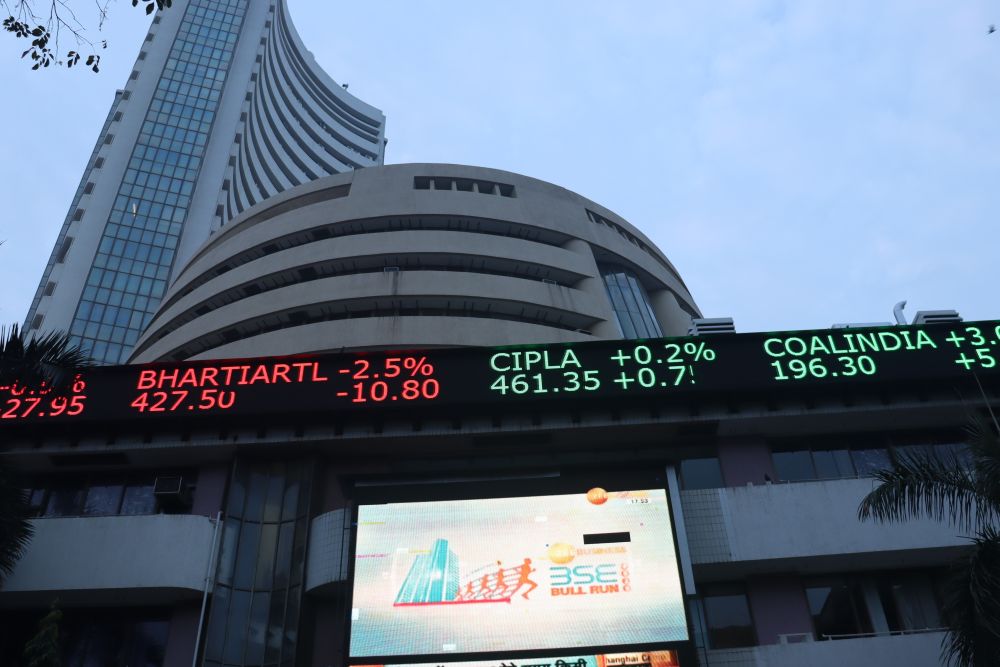The United Kingdom’s historic vote to ditch the European Union has caused turmoil in currency, fixed income and equity markets on Friday, sending pound and euro into a deep dive and buttressing safe haven assets instead. In China, though, markets are largely unruffled by the vote as analysts point to some positive by-products including a likely delay of further interest rate hikes in the US.
The SSE Composite Index is down 1.3%, as is the CSI 300. The CNY fell slightly to 6.6231/USD.
Here is how economists in China react to Brexit:
Jiang Chao, chief macro economy analyst, Haitong Securities:
The US non-farm payroll data in May was much lower than expected, having caused a dovish Fed outlook already. Now that Brexit has triggered enormous volatility and there is more uncertainty in the global economy, it is likely that the Fed will forget about a further interest rate hike, at least for this year.
Feng Ming, researcher, National Academy of Economic Strategy:
The result of the vote will affect the progress of the US rate hike. In the meantime, other financial assets will be revaluated. For the next two years or even longer than that, financial markets and the relationship between the UK and continental Europe will be more sensitive. There may be more discussion on independence of Scotland and the future road of the EU. The future of the EU will depend more on its core members including Germany.
Hong Hao, chief economist, Bank of Communications:
Two things for sure: Firstly, Brexit has a negative impact on the British economy. But even as the UK has decided to exit Europe, it will still have two year or so to renegotiate with the EU on political and trade terms going forward. Secondly, Brexit has a short term negative impact to the market, causing huge volatility.
Shen Jianguang, chief economist, Mizuho Securities Asia ltd:
Firstly, EU is the main business partner for the UK. Exiting EU, the British economy will definitely be affected negatively. Secondly, the vote is also bad news for the labour market and the financial status of London will be challenged. Thirdly, the depreciation of the currency and crash of the stock market will make financial markets more volatile. Fourthly, the political risk may increase due to a larger possibility of Scottish independence. It is expected that the RMB exchange rate, too, will fluctuate a lot.
Xu Gao, chief economist, Guangda Securities:
The biggest negative effect of Brexit is that there will be more concerns over the political prospect of the EU and EMU. European currencies will depreciate by different magnitudes, while safe assets such as gold and bonds will be attractive in the short term. There will be around 10-15% room for European stock markets to drop, with most pressure on shares of financial companies. At the same time, Brexit will not cause a significant global systemic risk and the global economy will not fall in a recession because of it.









